Indigenous Governance Database
Citizenship/Membership
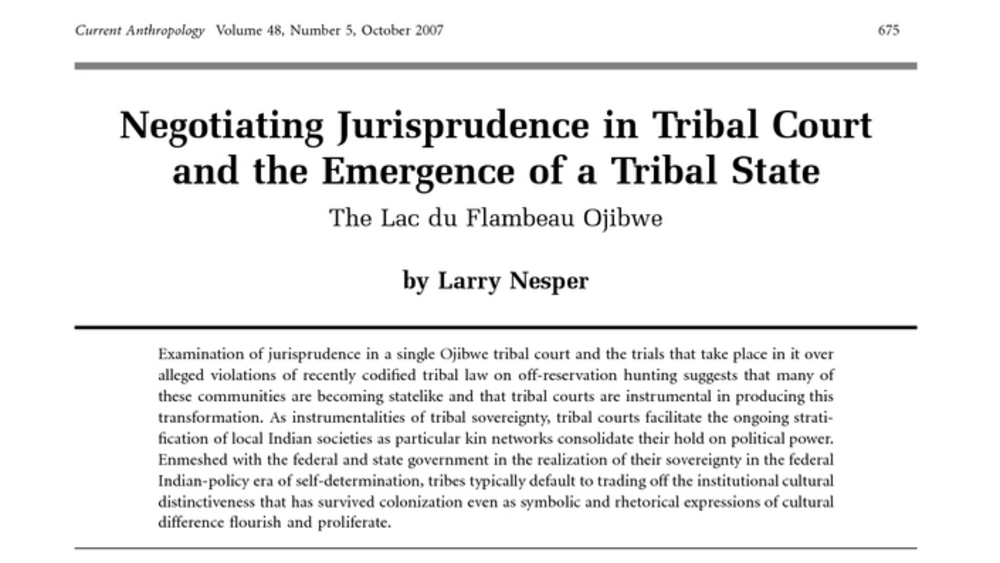
Negotiating Jurisprudence in Tribal Court and the Emergence of a Tribal State: The Lac du Flambeau Ojibwe
The interaction between American Indian activism and changes in federal Indian policy since the 1960s has transformed American Indian tribes from largely powerless and impoverished kinshipâ€based communities into neocolonial statelike entities (Wilkinson 2005).1 Representing themselves as distinct…
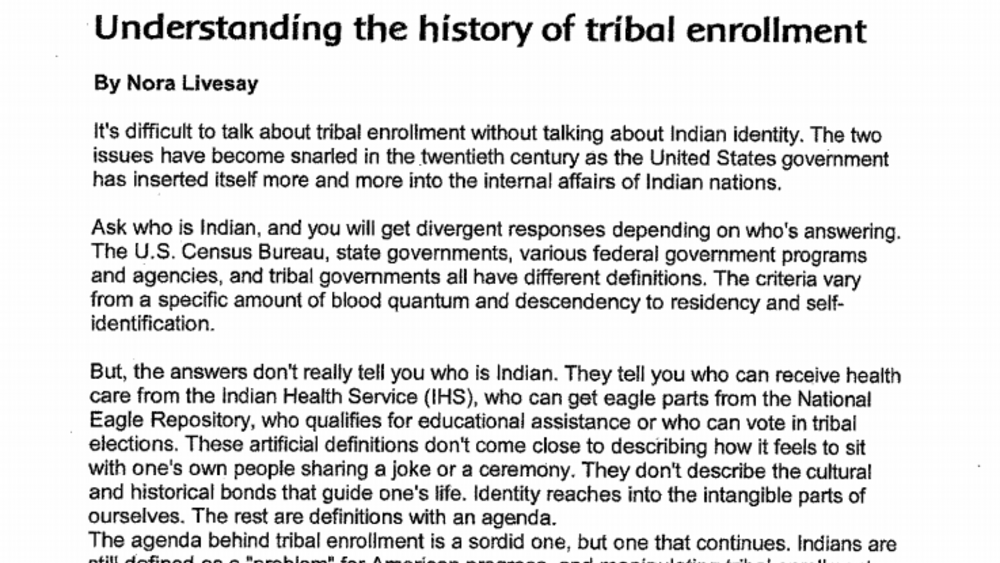
Understanding the history of tribal enrollment
It's difficult to talk about tribal enrollment without talking about Indian identity. The two issues have become snarled in the twentieth century as the United States government has inserted itself more and more into the internal affairs of Indian nations. Ask who is Indian, and you will get…
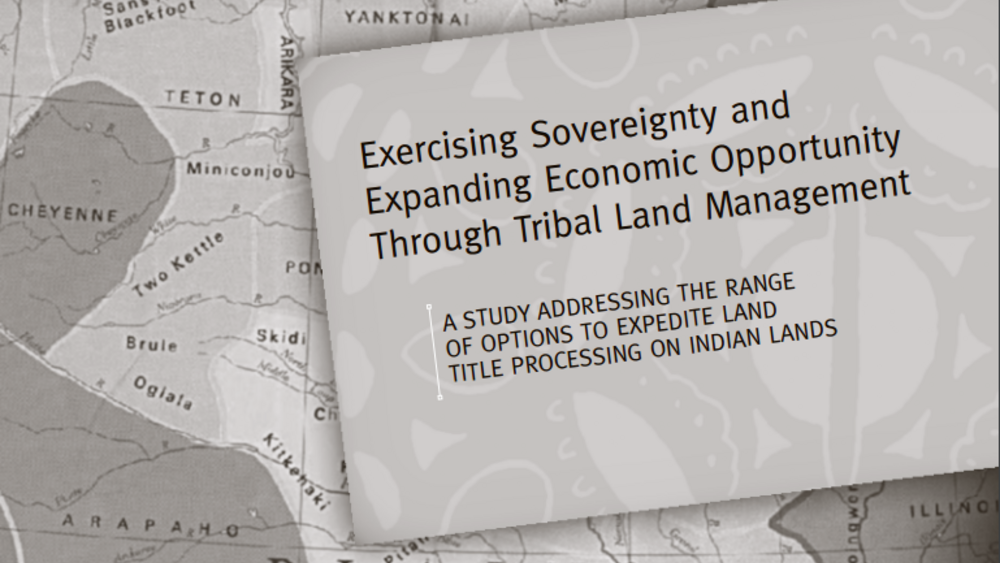
Exercising Sovereignty and Expanding Economic Opportunity Through Tribal Land Management
While the United States faces one of the most significant housing crises in the nation’s history, many forget that Indian housing has been in crisis for generations. This report seeks to take some important steps toward a future where safe, affordable, and decent housing is available to Native…
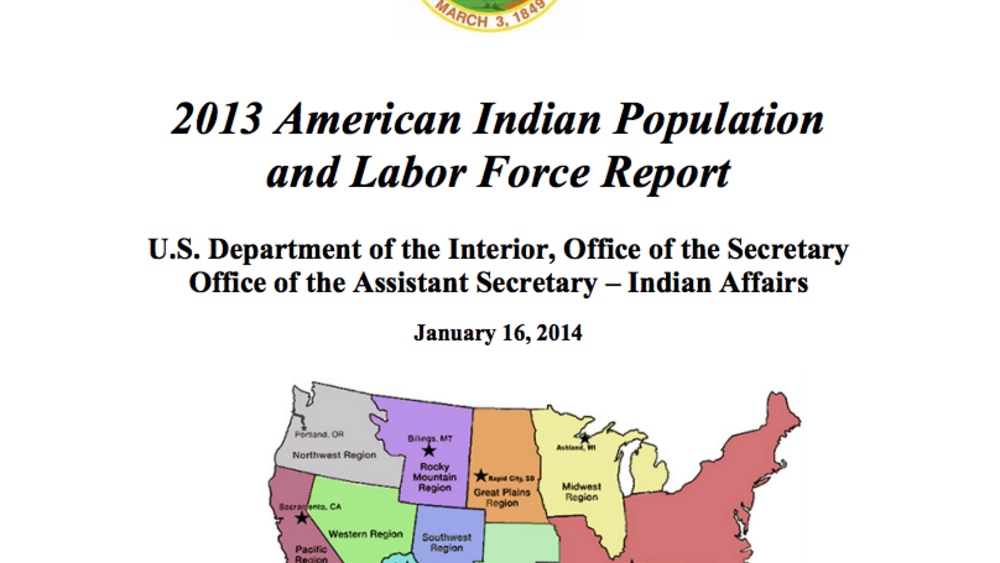
2013 American Indian Population and Labor Force Report
This report presents findings from the 2010 Labor Force Survey of American Indians and Alaska Natives, combined with a larger set of publically available statistics produced by the U.S. Census Bureau. This report is prepared in accordance with Public Law 102-477 the Indian Employment, Training, and…
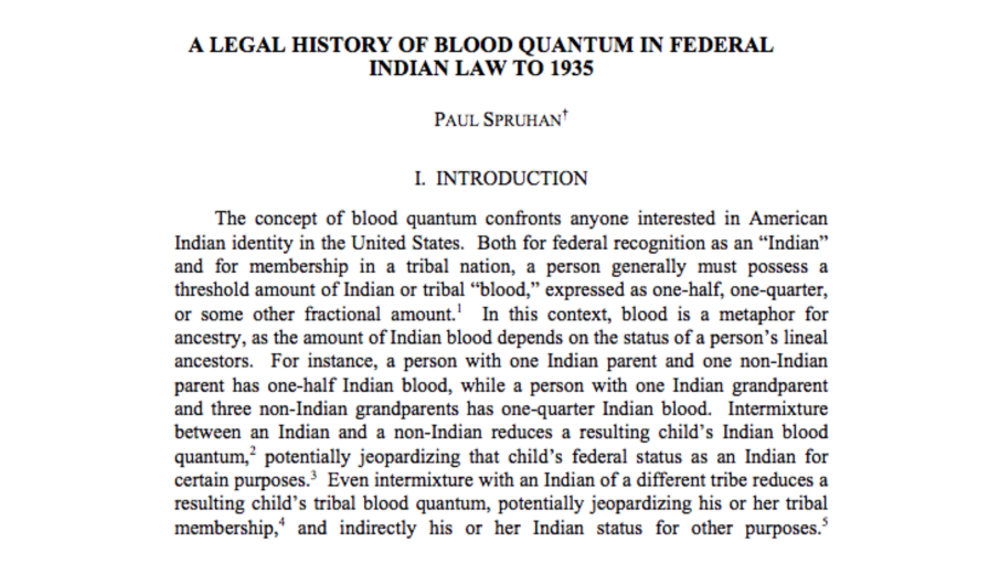
A Legal History of Blood Quantum in Federal Indian Law to 1935
The paper traces the development of the use of blood quantum, or fractional amounts of Indian blood to define Indian in federal law up to the Indian Reorganization Act of 1934. The paper shows that blood quantum was not widely used in federal law until the twentieth century, as the branches of the…
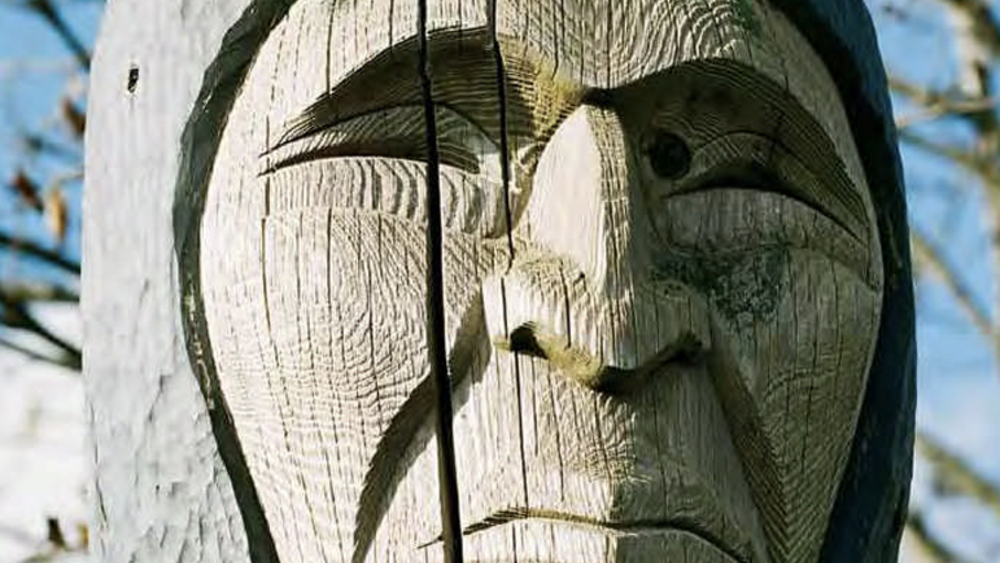
A Guide to Community Engagement
In this third part of the BCAFN Governance Toolkit: A Guide to Nation Building, we explore the complex and often controversial subject of governance reform in our communities and ways to approach community engagement. The Governance Toolkit is intended as a resource for First Nations leadership. It…
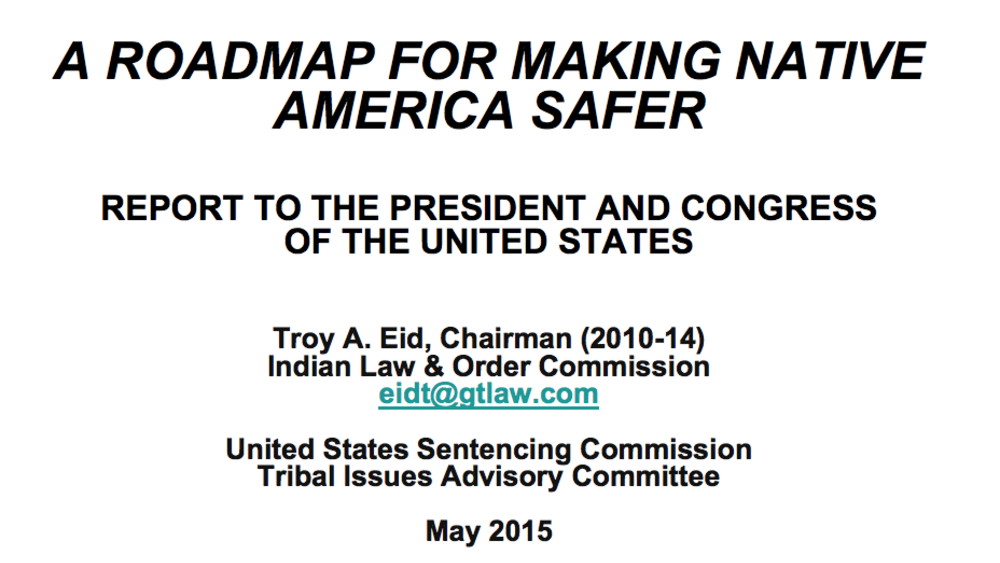
A Roadmap For Making Native America Safer: Report To The President And Congress Of The United States
A Roadmap for Making Native America Safer (Roadmap) provides a path to make Native American and Alaska Native communities safer and more just for all U.S. citizens and to reduce unacceptably high rates of violent crime rates in Indian country. The Roadmap is the culmination of hearings,…
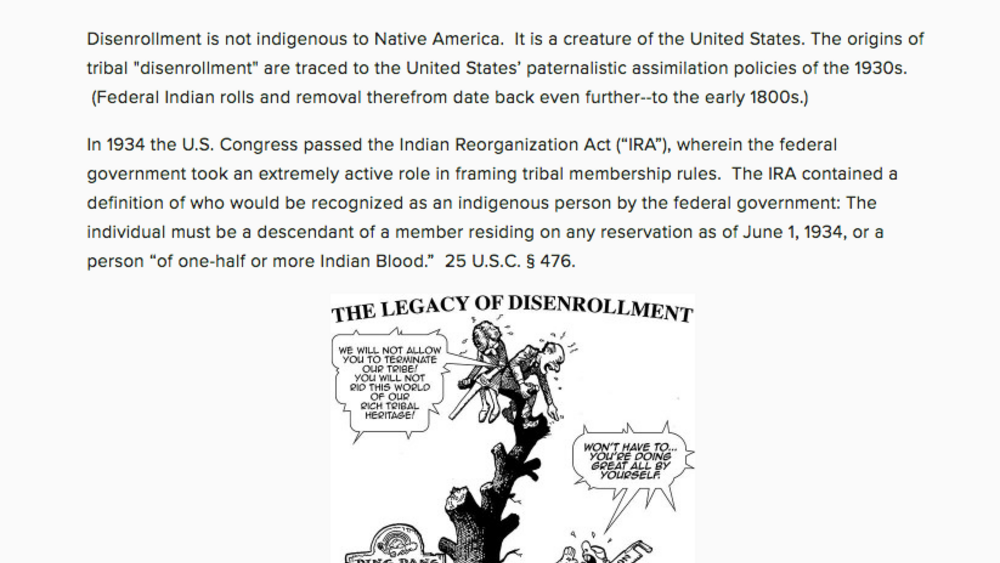
An Essay on the Federal Origins of Disenrollment
Disenrollment is not indigenous to Native America. It is a creature of the United States. The origins of disenrollment are traced to the United States’ paternalistic assimilation policies of the 1930s. In 1934 the U.S. Congress passed the Indian Reorganization Act (“IRA”), wherein the federal…
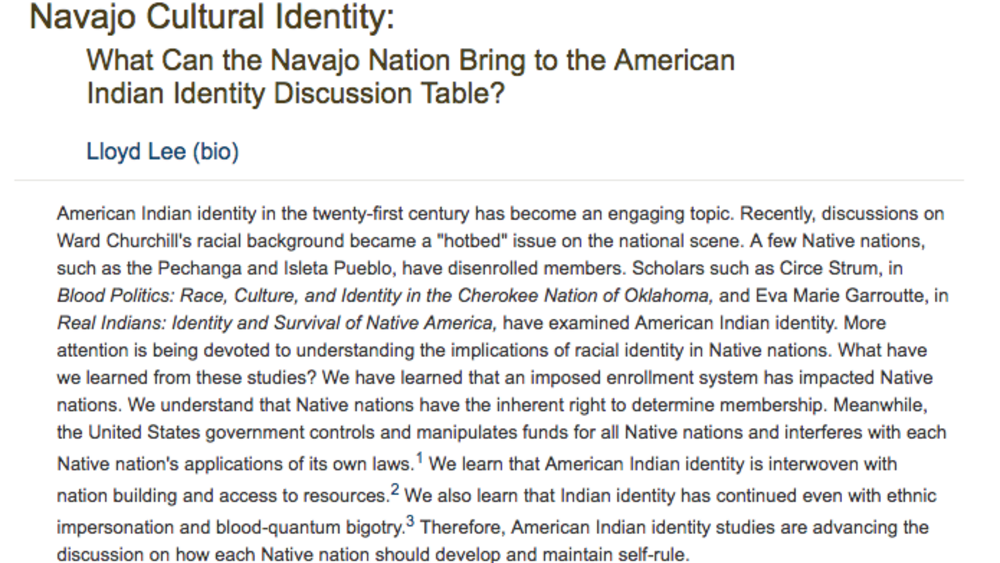
Navajo Cultural Identity: What can the Navajo Nation bring to the American Indian Identity Discussion Table?
American Indian identity in the twenty-first century has become an engaging topic. Recently, discussions on Ward Churchilla's racial background became a hotbed issue on the national scene. A few Native nations, such as the Pechanga and Isleta Pueblo, have disenrolled members. Scholars such as Circe…
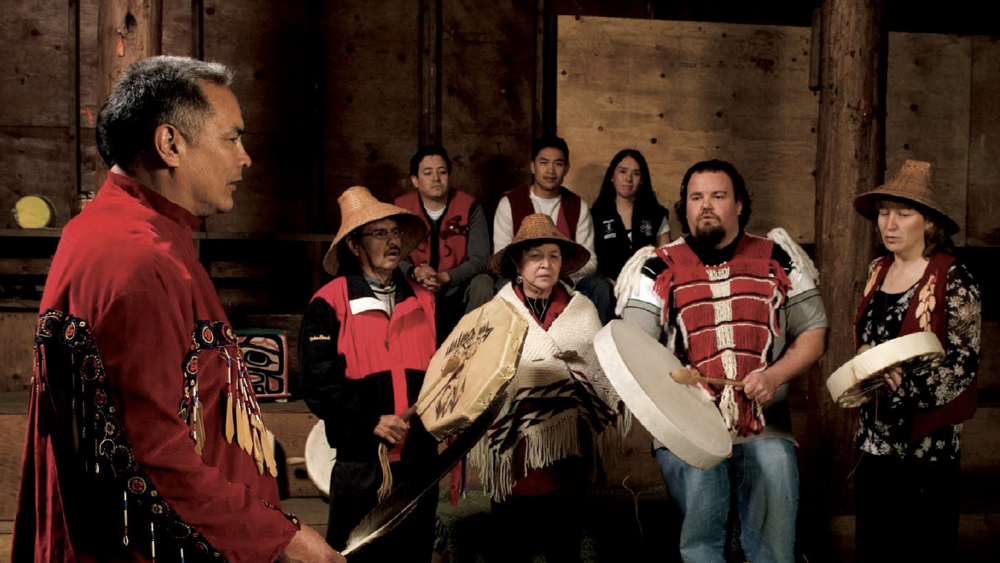
First Nations Communications Toolkit
The First Nations Communications Toolkit is a unique resource jointly developed by Indian and Northern Affairs Canada, BC Region, and Tewanee Consulting Group. This Toolkit was designed explicitly for First Nations communicators and is based on input from First Nations communicators and…
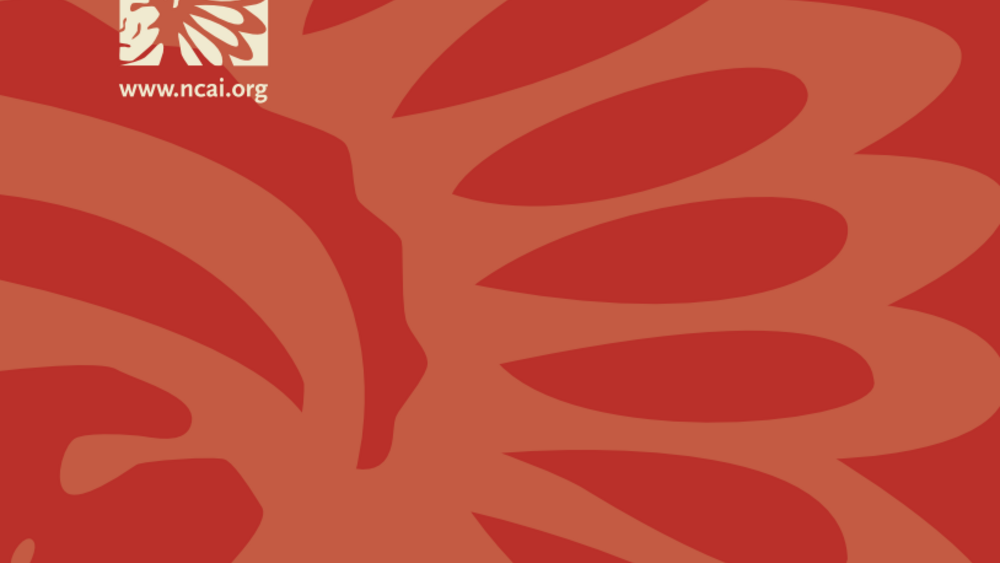
Leadership and Communications in Indian Country
This four-page report outlines the key findings from interviews with five tribal leaders and tribal communications officers across the country. The conversations focused on exploring how communications helps in their daily work, how the communications playing field has changed over the years and…
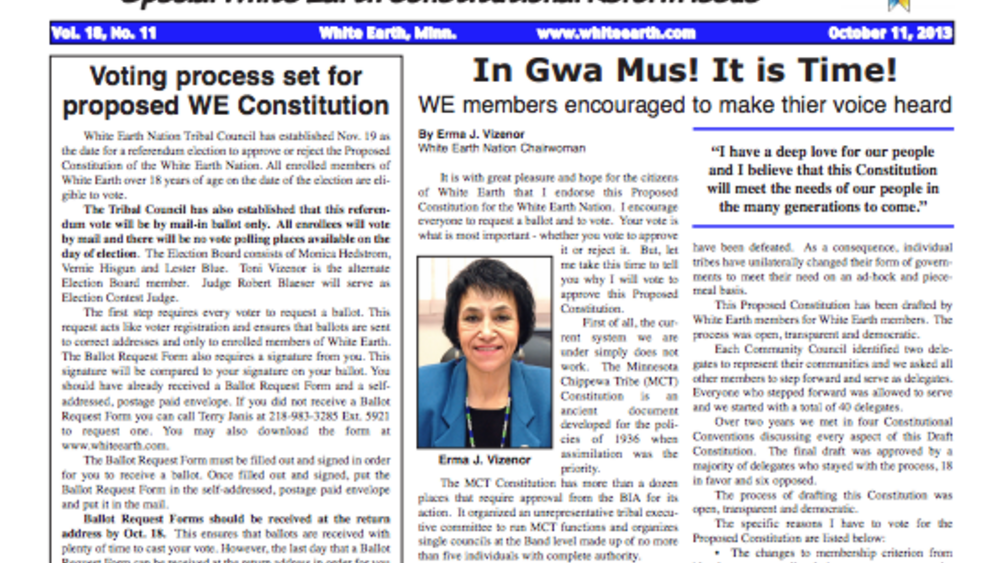
Special White Earth Constitutional Reform Issue
As the White Earth Nation prepares for a referendum election to approve or reject the proposed constitution, the Reform Committee has implemented a series of citizen engagement activities that includes a special issue of the tribal newspaper to inform citizens of the election date, proposed changes…
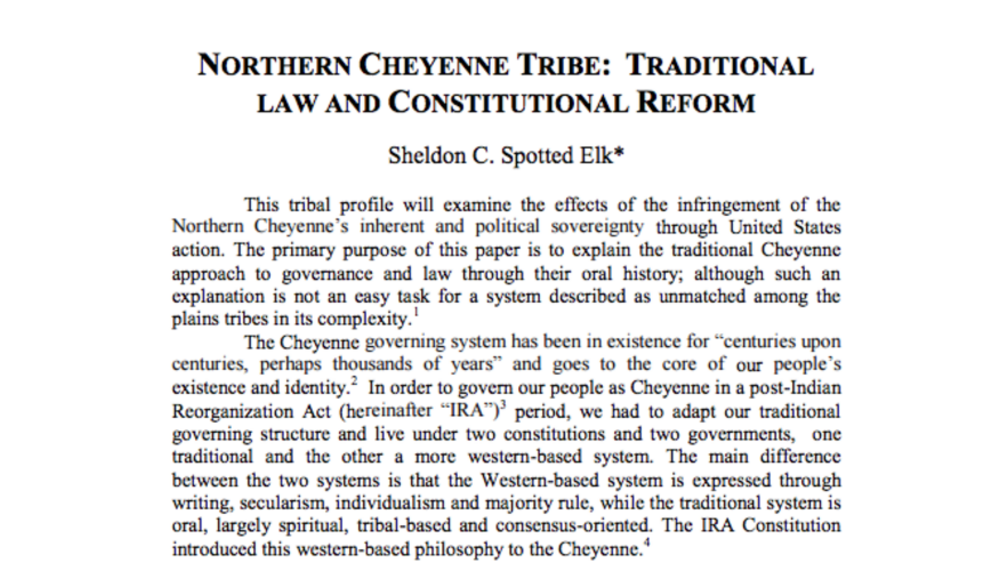
Northern Cheyenne Tribe: Traditional Law and Constitutional Reform
This profile by Sheldon C. Spotted Elk examines the U.S. government's infringement on the Northern Cheyenne's political sovereignty. Most significantly, it examines the relationship between the oral history of the Northern Cheyenne and its impact on traditional tribal governance and law. Following…
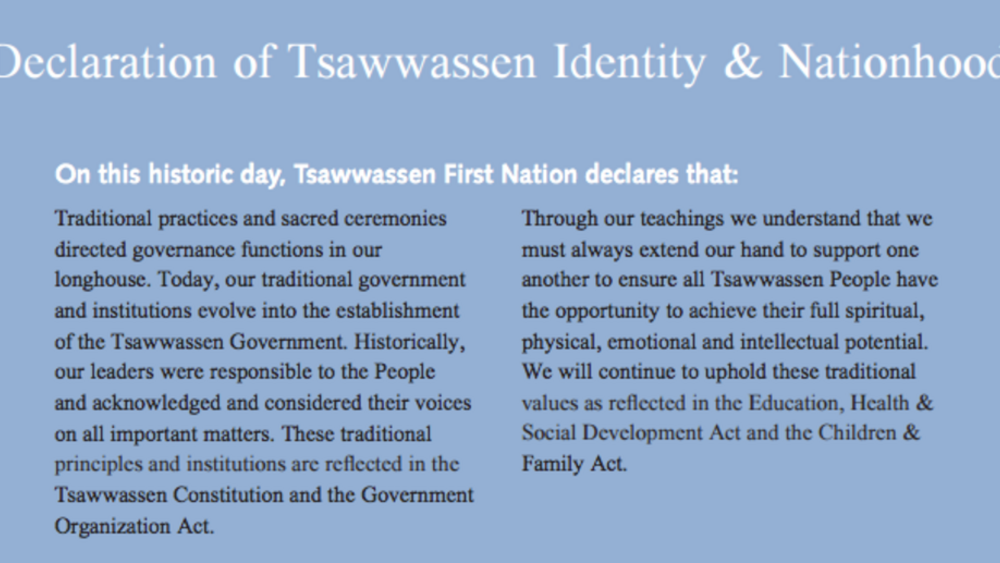
Declaration of Tsawwassen Identity & Nationhood
We are Tsawwassen People "People facing the sea", descendants of our ancestors who exercised sovereign authority over our land for thousands of years. Tsawwassen People were governed under the advice and guidance of leaders, highborn women, headmen, and speakers through countless generations...
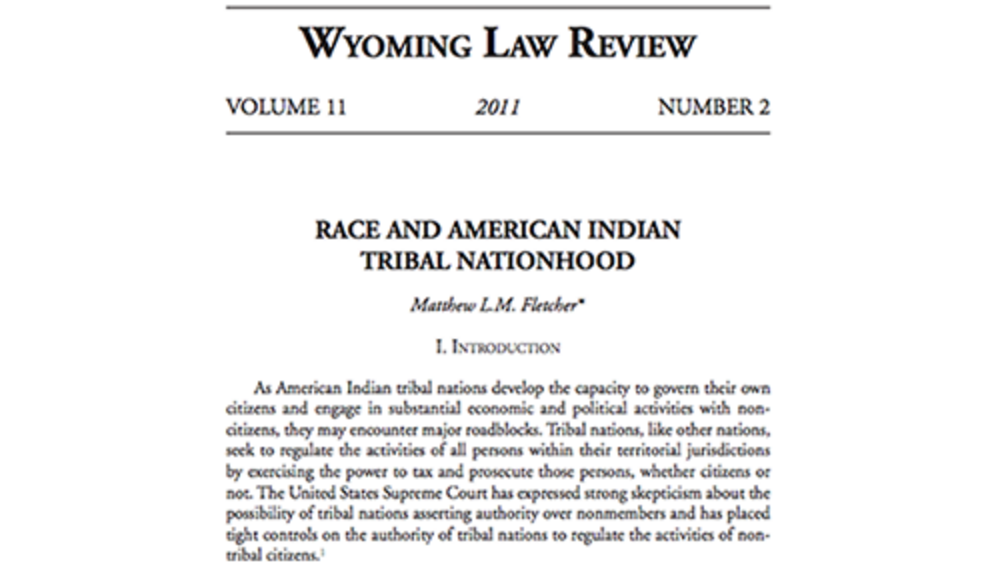
Race and American Indian Tribal Nationhood
This article bridges the gap between the perception and reality of American Indian tribal nation citizenship. The United States and federal Indian law encouraged, and in many instances mandated, Indian nations to adopt race-based tribal citizenship criteria. Even in the rare circumstance where an…
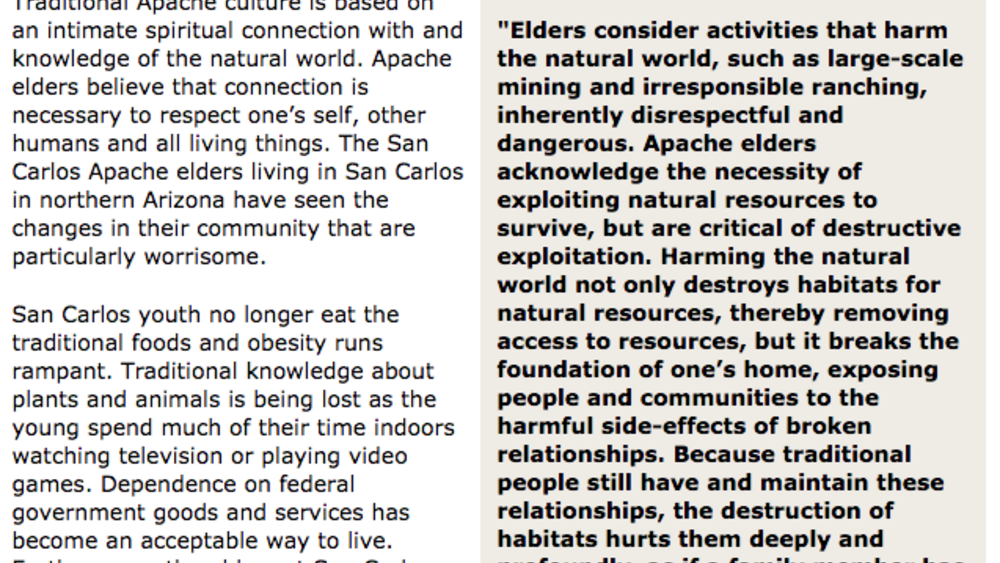
Best Practices Case Study (Cultural Alignment of Institutions): San Carlos Apache
Traditional Apache culture is based on an intimate spiritual connection with and knowledge of the natural world. Apache elders believe that connection is necessary to respect one’s self, other humans and all living things. The San Carlos Apache elders living in San Carlos in northern Arizona have…
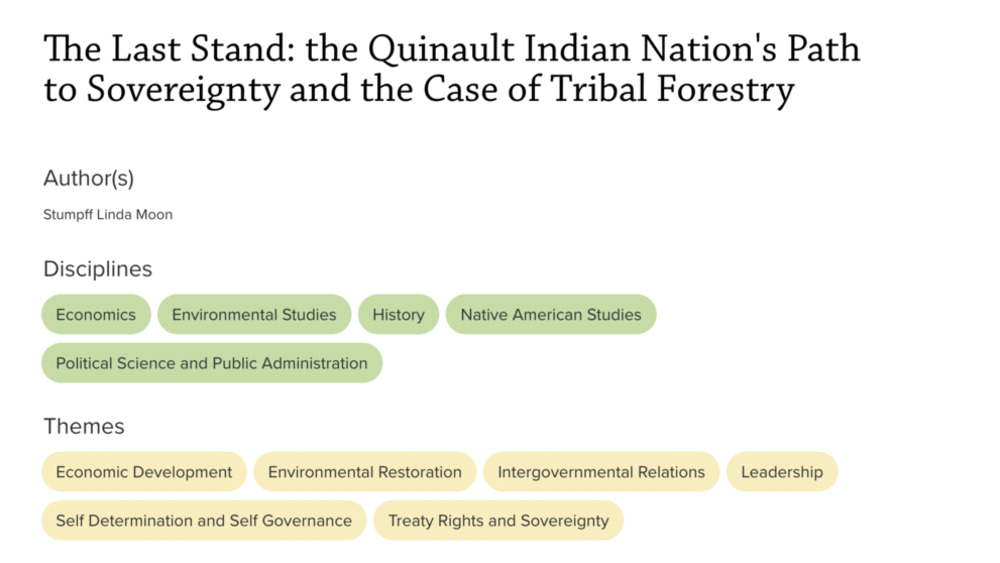
The Last Stand: the Quinault Indian Nation's Path to Sovereignty and the Case of Tribal Forestry
This case tells a story of forestry management policies on the Quinault Reservation. In the early years, the Office of Indian Affairs (OIA) and later the Bureau of Indian Affairs (BIA) acted like a landlord, allocating large timber sales to non-Indian timber companies. The Dawes Act fragmented the…
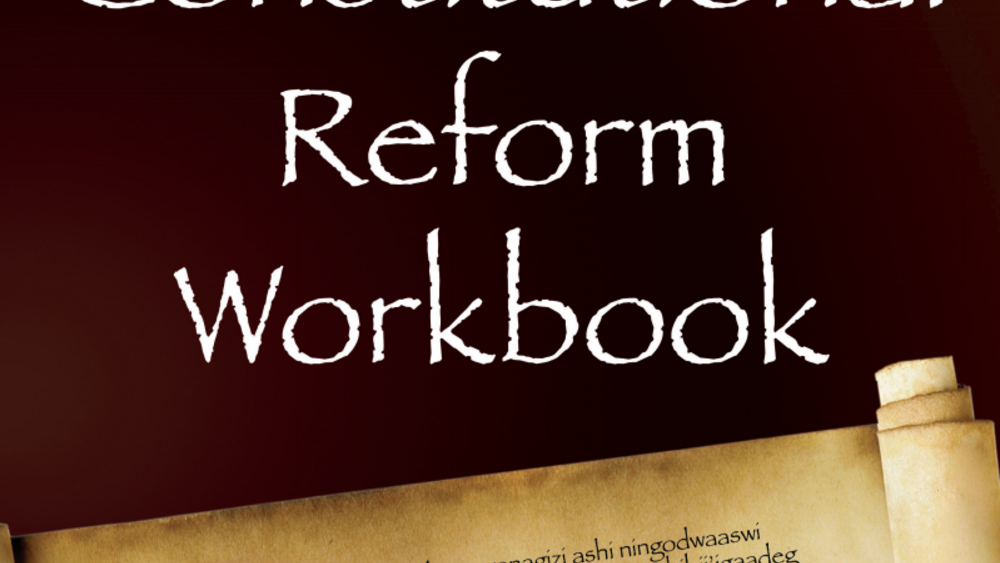
White Earth Nation Constitutional Reform Workbook
The core purpose of this Constitution is to take action and directly express, through that action, native cultural sovereignty. This workbook is designed to help the citizens of the White Earth Nation to understand their constitution. Through this effort and through your understanding of the…
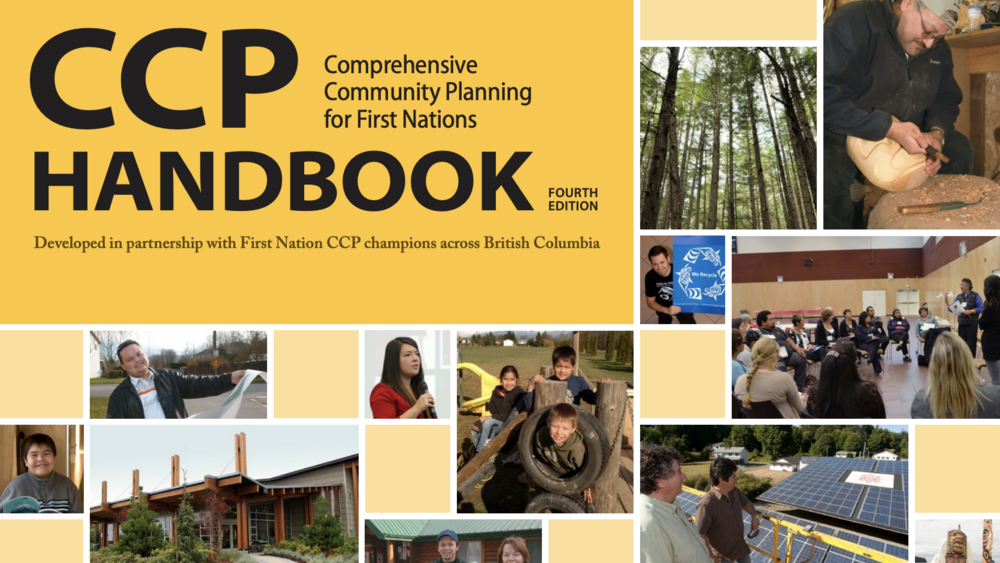
CCP HANDBOOK Comprehensive Community Planning for First Nations in British Columbia
The First Nations of British Columbia have rich and varied cultures, histories and traditions. They are becoming increasingly involved in comprehensive community planning as a way of embracing change and planning a better future for their communities. Comprehensive community planning is a holistic…
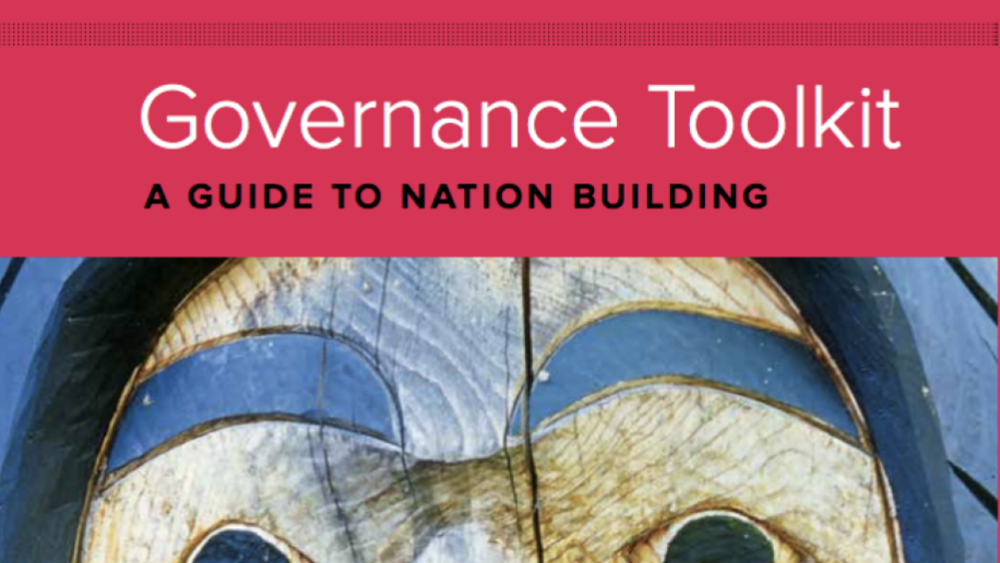
British Columbia Assembly of First Nations Governance Toolkit: A Guide to Nation Building
The BCAFN is pleased to present the first edition of the BCAFN Governance Toolkit: A Guide to Nation Building in accordance with our Building on OUR Success action plan and the first pillar of that plan, "Strong and Appropriate Governance." The Toolkit is a comprehensive guide intended to assist…
Pagination
- First page
- …
- 8
- 9
- 10
- …
- Last page
